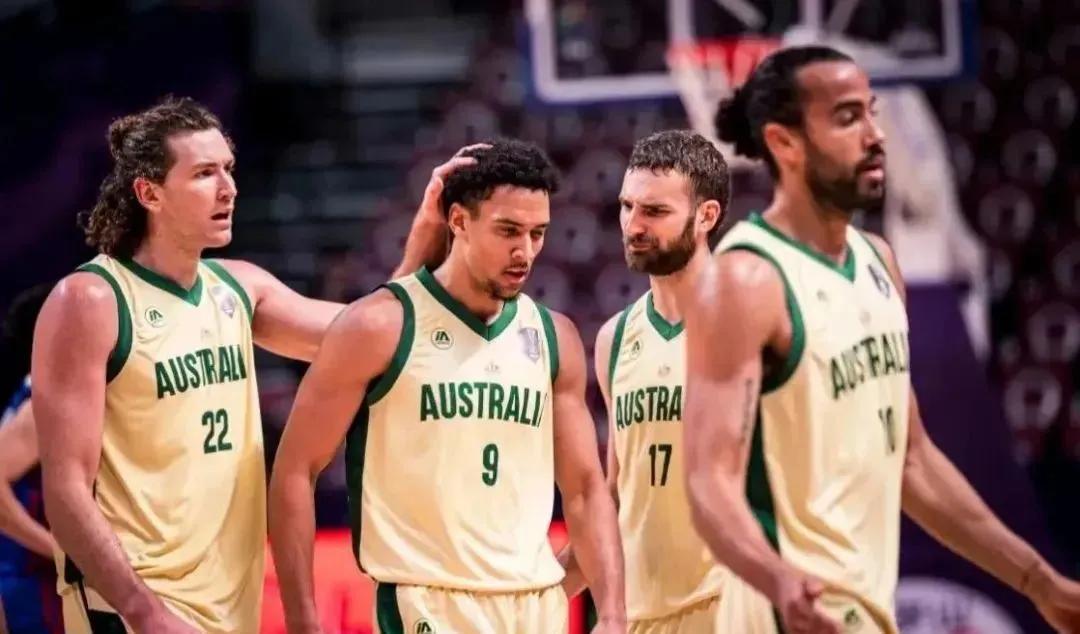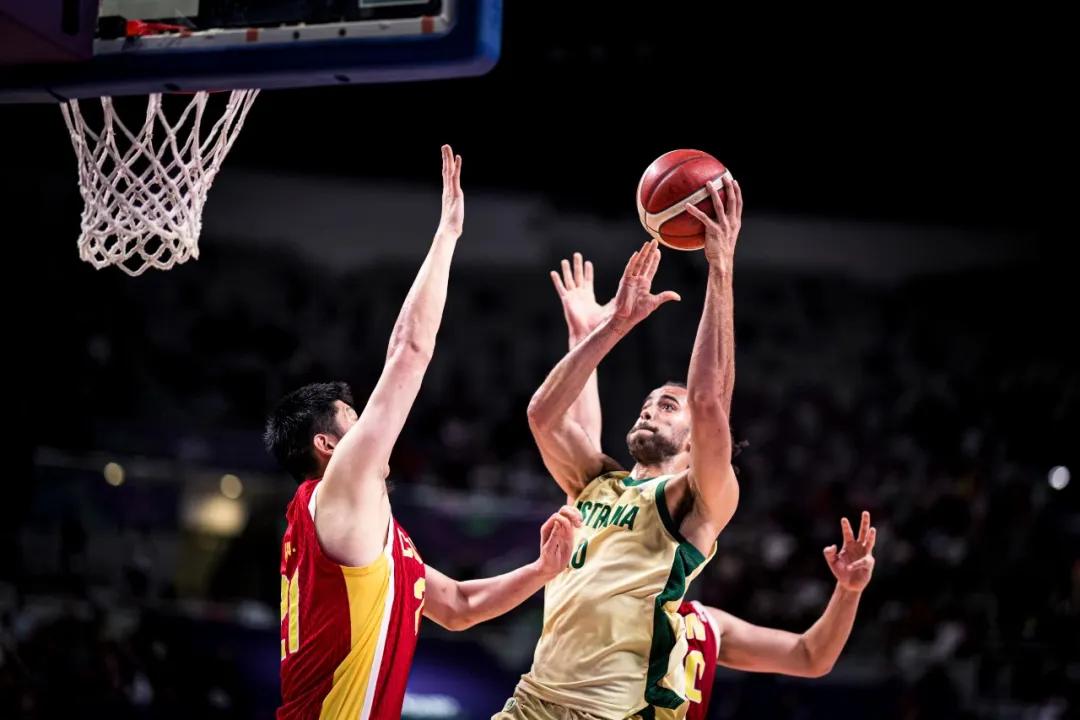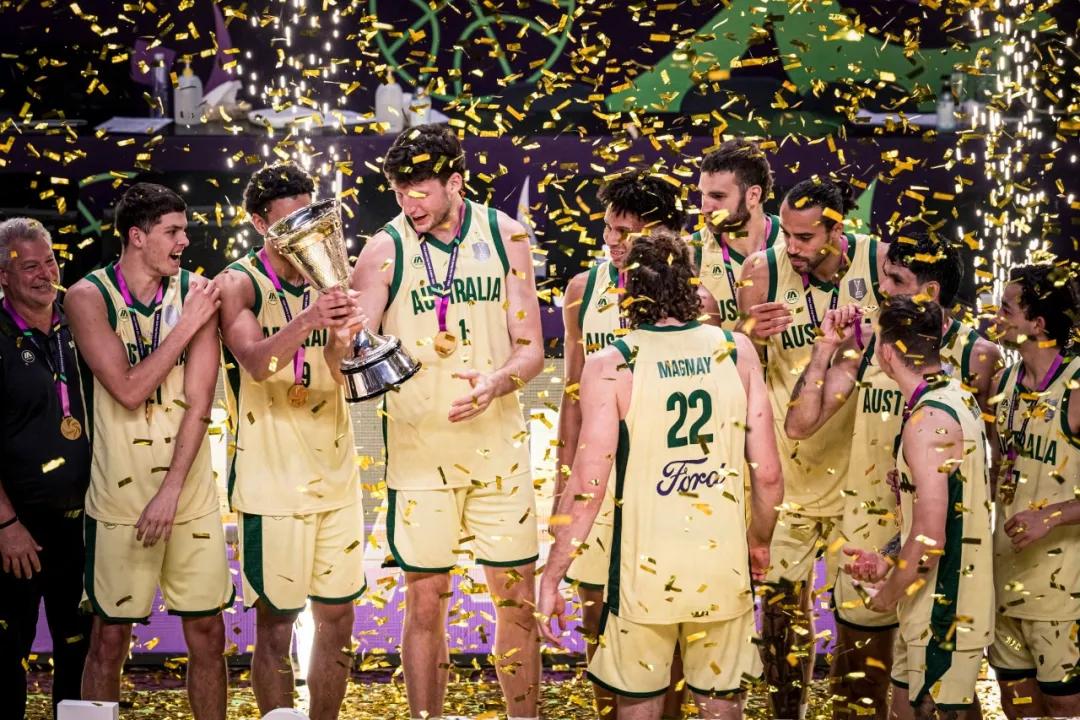In less than a year, they have claimed 6 championships! They have dominated Asian basketball!
“Six teams, six Asian Cup titles, from 3x3 basketball to our senior and youth programs, Australia has achieved a comprehensive victory—securing gold medals in every event at this year’s Asian Cup!”
The Australian Basketball Association posted this photo along with the caption.
In competitive sports, performance is what counts.
Reviewing the Asian basketball events over the last 10 months, they truly have grounds to show off.
A country from Oceania has taken control of Asian basketball.
At the end of March, the 3x3 Asian Cup (men’s team won back-to-back titles; women’s team achieved a three-peat); in mid to late July, the women’s Asian Cup (winning the title for the first time in history).
In early to mid-August, the men’s Asian Cup (third consecutive title); early September, the U17 men’s Asian Cup (fourth straight title).
At the end of September, the U17 women’s Asian Cup (fourth consecutive title).

Brothers watching at home might be wondering:“Australia and New Zealand aren’t Asian countries, so how are they competing in our tournaments?”
It’s necessary to explain the reasons.
Oceania only has two strong teams, Australia and New Zealand, while the rest are smaller nations with weak basketball foundations (and small territories, such as Fiji,Tonga), resulting in competitions that lack intensity.
Australia has won 19 out of 22 Oceania Championships, creating a monopoly that limited their competitive growth and commercial potential.
FIBA decided to integrate global competitions by merging Asia and Oceania into the “Asia-Pacific” zone to optimize resources, expand event scale, and increase influence.
Another factor is Asia’s large population base and rapidly growing basketball market, though overall competitive level remains relatively low.
FIBA aims to invigorate Asian basketball by introducing strong teams, acting like a “catfish” to enhance game excitement and commercial value. This continues the strategy seen in Australian football (joined Asia in 2006) and volleyball (joined in 1975) among the three major sports.
At the time, this decision caused dissatisfaction among many Asian countries for a simple reason: Australia was too strong (New Zealand joined alongside).

Indeed, they are very powerful.
Let’s focus more on men’s basketball as an example.
Australia’s men’s basketball team officially joined the FIBA Asia Confederation in 2017,
and in the same year, they participated in the first men’s Asian Cup, defeating Iran in the final to claim the title on their debut.
In 2022, at the second men’s Asian Cup, Australia defended their title by beating Lebanon.
In 2025, at the third men’s Asian Cup, Australia defeated China to achieve a three-peat.
Australia’s senior men’s basketball team has played 57 games in Asia, with a record of 53 wins and 4 losses.
Of the four losses, one was to New Zealand, one was a forfeit, so actual defeats by Asian teams were only against Japan and Iran—and those were six years ago.
In the last two Asian Cup finals, they narrowly beat Lebanon led by Al-Rajhi by 2 points, and China by 1 point.
This year, they narrowly escaped Hu Mingxuan’s last-second shot... which disappointed Chinese fans.
We all know that for tournaments like the Asian Cup, which don’t affect Olympic qualification, Australian NBA players won’t participate; this year, they sent their second team, that’s a fact.
Players like Giddey, Daniels, Landale, Exum, Sobey, Duop-Reath, Josh Green, and even FIBA veteran Patty Mills did not take part.
However, that didn’t stop them from winning the championship.

Australia’s basketball strength is not only evident at the senior men’s level.
Recently, at the U17 men’s Asian Cup, their dream team showed remarkable dominance—winning all 6 games and outscoring opponents by a total of 315 points, averaging a margin of over 50 points per game.
China’s men’s team lost to them by 27 points in the final—hard to accept, right? Australia crushed Japan 101-36 in the semifinals...
The biggest impression is that the physical gap alone makes this game impossible to overcome.
In the final, the rebound comparison was 30 to 60, with China being completely overwhelmed.
This is the overwhelming power of Australian basketball.
But at the end of the post, it’s crucial to clarify that after Australia and New Zealand joined Asia, Olympic spots are now awarded based on “best performance by Asian teams at the World Cup.”
In other words, China’s men’s team missing out on the last two Olympics wasn’t because they lost to the powerful Australians—even during Yao Ming’s era, they struggled against them.
This logic is similar to the college entrance exam: failing to get into the second-tier university isn’t simply because you couldn’t solve the last math problem...
China’s basketball failed to qualify for the Olympics because their World Cup results were worse than Iran (Tokyo Olympics, with Iran and host Japan representing Asia) and Japan (Paris Olympics, the best Asian performance), preventing them from making it to the Games...











 Links
Links
 Contact
Contact
 App
App


